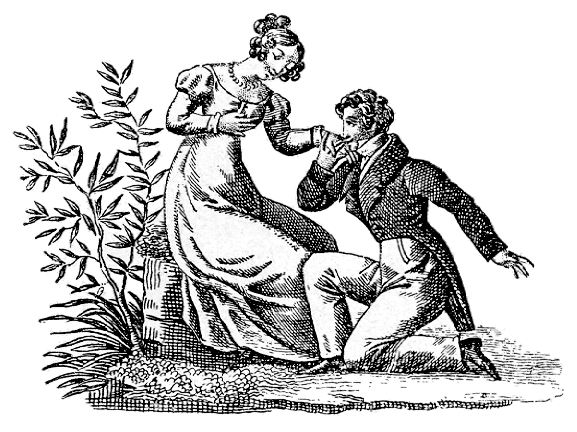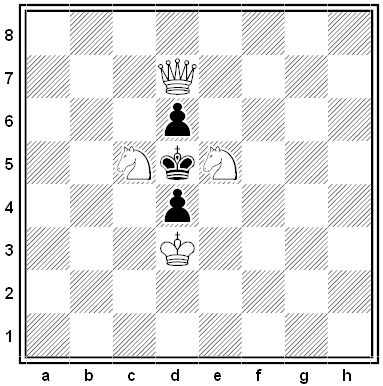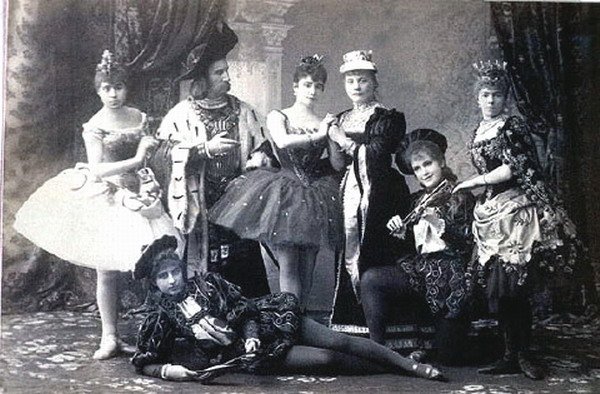A dictionary of thieves’ slang, from Life in Sing Sing, by “Number 1500,” 1904:
Are you next?: Do you understand? Be wise
Crushing the jungle: Escaping from prison
Cracking the jug: Forcing an entrance into a bank
Busting the tag on a rattler: Breaking the seal on a freight car
Busting the bulls at the big show: Fighting with the police at the circus
Banging supers at the red wagon: Stealing watches at the ticket wagon
Hoisting a slab of stones: Stealing a tray of diamonds
He got whipped back to the Irish club house: He was remanded to the police station
Hitting the pipe at a hop-joint: Smoking opium in an opium joint
He busted the collar’s smeller: He broke the officer’s nose
The stall got his slats kicked in: The thief had his ribs broken
The gun slammed a rod to his nut: The thief put a pistol to his head
He pigged with the darb: He absconded with the money
The yeg men blew the gopher: The safe crackers forced open the doors of the safe with explosives
I went to the coast with a mob of paper-layers, but graft was on the fritzer. I blew out and rung in with a couple of penny-weighters. A Tommy and his papa. Everything was rosy, the cush was coming strong and I was patting this ginny on the hump, but I was a sooner. The Tommy got a swelled head and we split for all. I did the grand to Chicago and filled in with a yeg mob. We got a country jug on our first touch, but the box wasn’t heavy enough for five. They had a plant further on. But we had to wait till one of the mob went for some soup; as I had plenty of the darb I blew away and beat it back to Chic, and framed in with a couple of guns who were working east on the rattlers. We got the stuff all right. Well, I’m off to the joint to smoke up, so-so.
“I went to California with others to pass worthless checks. There wasn’t any money in it, so I left them and went with two expert thieves who make it a practice to rob jewelers, a woman and her lover. Everything looked bright. I was obtaining money easily and I was congratulating myself on my good fortune, but I was too hasty. This woman got independent and we parted for good. I purchased a first-class ticket to Chicago and met a gang of safe burglars whom I joined. Our first theft was the burglary of a safe in a suburban bank. The amount of money obtained was insufficient to repay five men for their trouble. They had in view another place to rob, but we had to wait while one of the men went for some nitroglycerine. As I had plenty of money, I parted from them and returned to Chicago. There I met two pickpockets who were going east on the cars with the intention of plying their trade. We stole a lot of money. And now I’m off to the opium den to smoke some opium. Good-by.”






